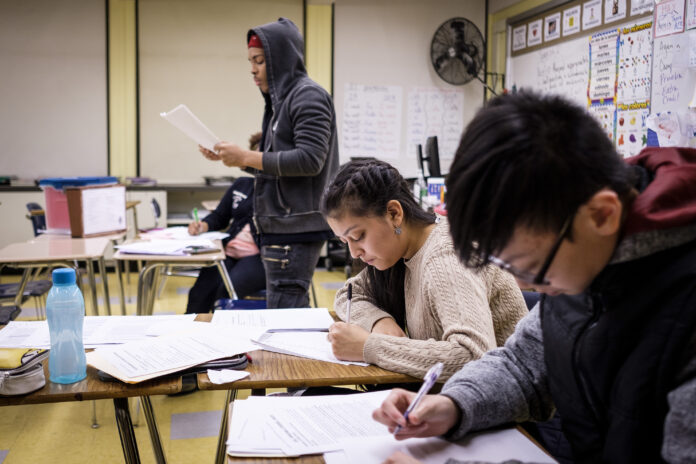
( ENSPIRE Community Spotlight ) Lack of Language Development for Black Youth in America Poses Risks to Their Academic Success
ENSPIRE Contributor: Megan Sydow
In the United States, the education system disproportionately affects Black youth in comparison to other kids. Misplacement in special-ed programs and reprimanding hyper-active behavior creates an unfair depiction of the “Black youth” demographic, especially Black boys. Without changing the system and the way these kids are treated, the stark differences between Black youth and other children will continue to be perpetuated.
ENSPIRE talked with Dr. Toinette Gunn, Executive Director of Chicago Debates, about the importance of oratory skills, the implications if they are not learned and refined and how to fix this system that disproportionately affects Black youth.
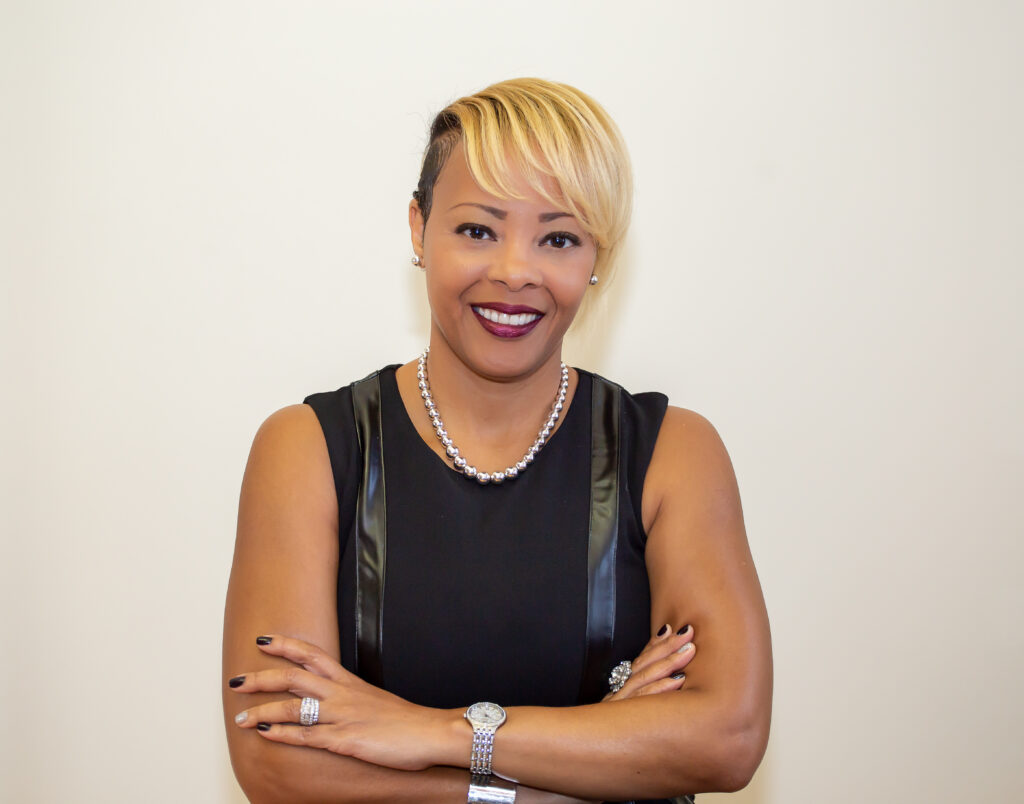
Why are language skills considered the “bedrock” of academic success?
The way we all communicate is by use of language. Therefore, to understand each other and to effectively be understood, we must have a clear grasp of language.
But, ultimately, it is so much more than that. Students need to retain what is being taught and be able to communicate effectively with educators as well as with their parents, classmates, and friends. Learning the art of persuasion can successfully do any and all of this. In addition, to do it well, students need to learn these skills early on and build on them throughout their lives.
How does insufficient language development skills affect intellectual capabilities and leave these students at a disadvantage compared to others?
Insufficient language development skills can stunt academic progress if a student is struggling to understand what is being taught or is unable to articulate their own thoughts. Unfortunately, because of the systemic inequities that continue to exist in our world, Black people have historically had fewer quality academic prospects and, therefore, fewer opportunities to develop the skills and experiences they need to reach their fullest potential. And because fewer of us have had those opportunities, it translates to our young people seeing fewer of us in positions of leadership. Without quality education and exposure to situations that help develop the skills needed for career and life success, Black youth face more challenges in their professional and leadership journeys.
This is why the work that Chicago Debates has been committed to is so critical. But we don’t do this work alone. As we celebrate 25 years of bridging the educational opportunity gap, we are calling on businesses and organizations to support our efforts to serve more students and join us as sponsors of our Make Room For Debate 25th Anniversary Gala. Our collaborative efforts can really impact the lives of Chicago youth and provide them with life-changing opportunities they may not otherwise have had.
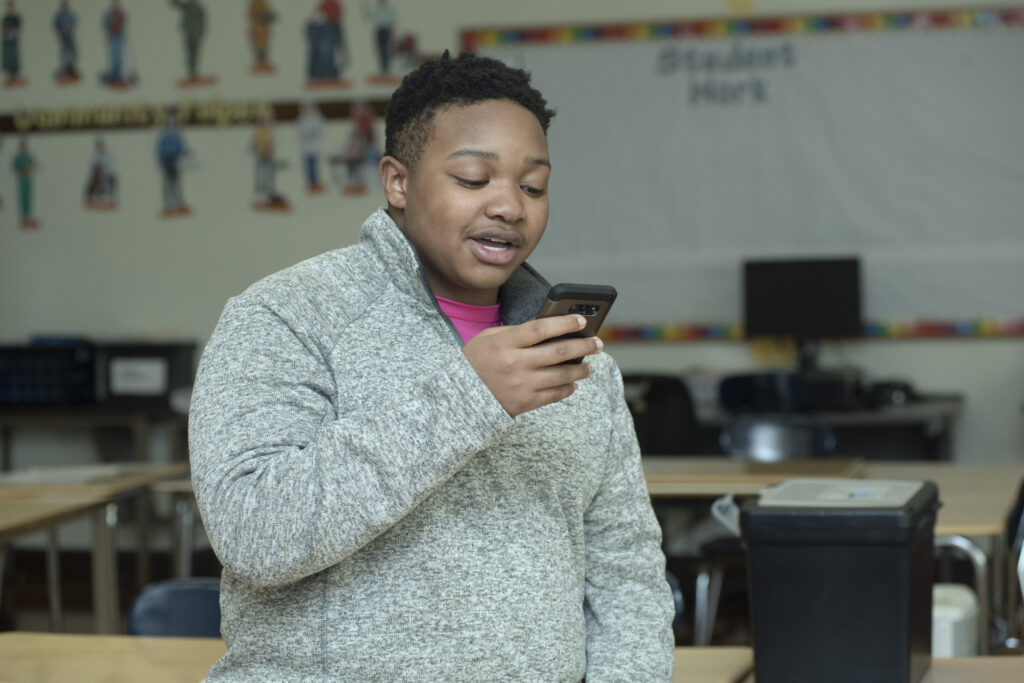
How are language development skills critical to the academic development and achievement of youth?
Research by Educational Research and Reviews* finds that the lack of access to programs that target secondary literacy skills also contributes to dropout rates and limits career and civic potential in later life. Chicago Debates offers a solution to these challenges—the activity of debate.
For 25 years, Chicago Debates has been bridging the educational opportunity gap for CPS students by providing them with an after-school program that supports their success. Debate cultivates critical academic, social-emotional, career, leadership, and life skills such as critical thinking, research, data synthesis, writing, empathy, listening, communication, relationship building, collaboration and teamwork, creativity, self-confidence, advocacy, civic engagement, and community awareness.
Students’ college applications are strengthened by their participation in debate, and many are awarded debate scholarships, which subsequently elevate their path to success.
Beyond speaking capabilities, what is the real impact of debate and oratory skills on Black youth?
Competitive debate is a form of cooperative learning. It creates an interactive and rigorous learning environment in which students navigate social challenges in constructive and collaborative ways.
Debate teaches content knowledge, reading, research, and, as mentioned above, critical thinking and analytical skills. It also prepares students with 21st-century skills for college, career, and leadership success by developing social-emotional capacity and noncognitive skills such as self-confidence and perseverance.
Overall, debate supports students in reaching their fullest potential. The skills students glean from participating in debate not only have a positive impact on their academic performance but also prepare them to lead in whatever fields they choose. This preparation propels them to a more equitable future, boosts their educational attainment and, in turn, helps them to become more competitive in a global economy.
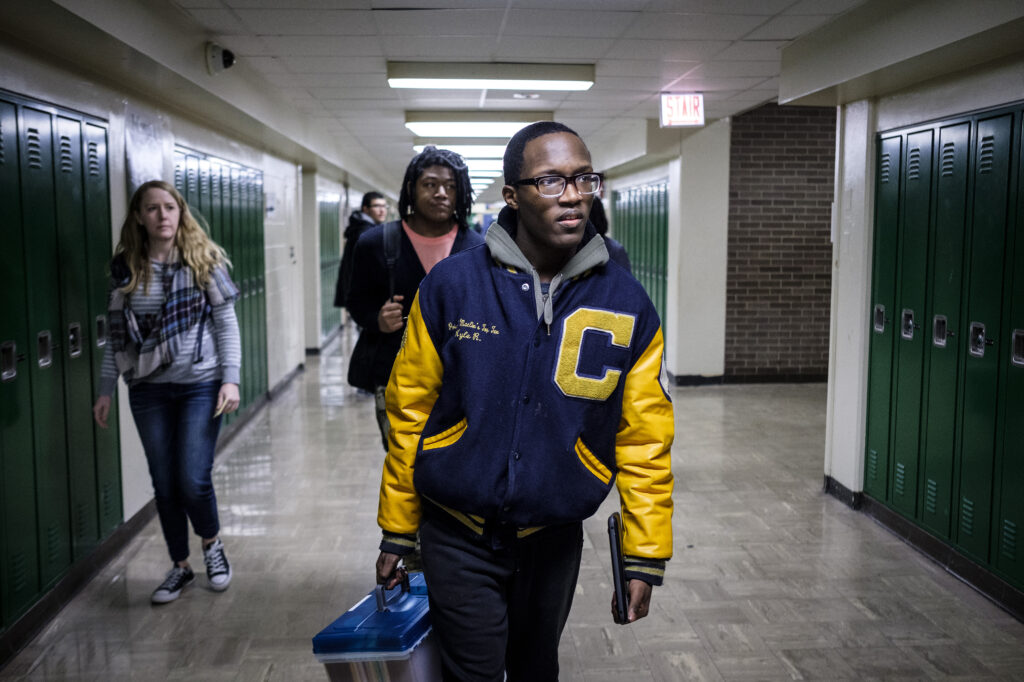
What skills can promote personal and academic confidence in Black youth?
Naturally, I will share skills that I have witnessed make a difference in our debaters, skills that have helped them develop a sense of self-worth and confidence. Many of the skills that debaters learn and use serve as a vehicle for youth development, education, and empowerment. Debate is designed to drive the next generation of leadership skills, including:
· Academic achievement
· Social/emotional skills
· Career, leadership and life skills
· Confidence in advocating for self and others
· Defeating stereotypes and negative imaging
What three critical things need to be done within the educational system to break Black youth free from any academic or literacy challenges that they may be experiencing in the traditional school environment?
First, many urban Black youth have limited access to opportunities to help build the skills necessary to be successful in the workforce. I think schools typically do a better job at providing content knowledge than hands-on experiences that will correlate to workforce skills. Recognizing this, many schools already have supplemental programs in place that offer opportunities for students to build such skills. However, most students need increased access to even more of these types of activities and skill-building programs.
Second, schools can also focus more on integrating social and emotional learning into all aspects of a student’s education, both inside and outside of the classroom. This would involve assignments and activities (like debate, for example) that help build critical academic, social-emotional, career and leadership skills—important life skills such as advocacy, critical thinking, communication, problem-solving, receiving and applying feedback, listening, relationship building, empathy, collaboration, self-confidence and creativity.
Third, students need access and exposure to leaders and business professionals in order to diversify their experiences and expand their views of the world. Such access stimulates their ability to dream, feeds their drive and ambition, and fuels their creativity and goals.
While there are efforts by different groups and organizations to hold the educational system accountable and try to solve these issues, it is important to note that Chicago Debates, in alignment with other supporting organizations, has been working with Black boys on a grassroots level for the past 25 years to help them break free from the challenges you mention.
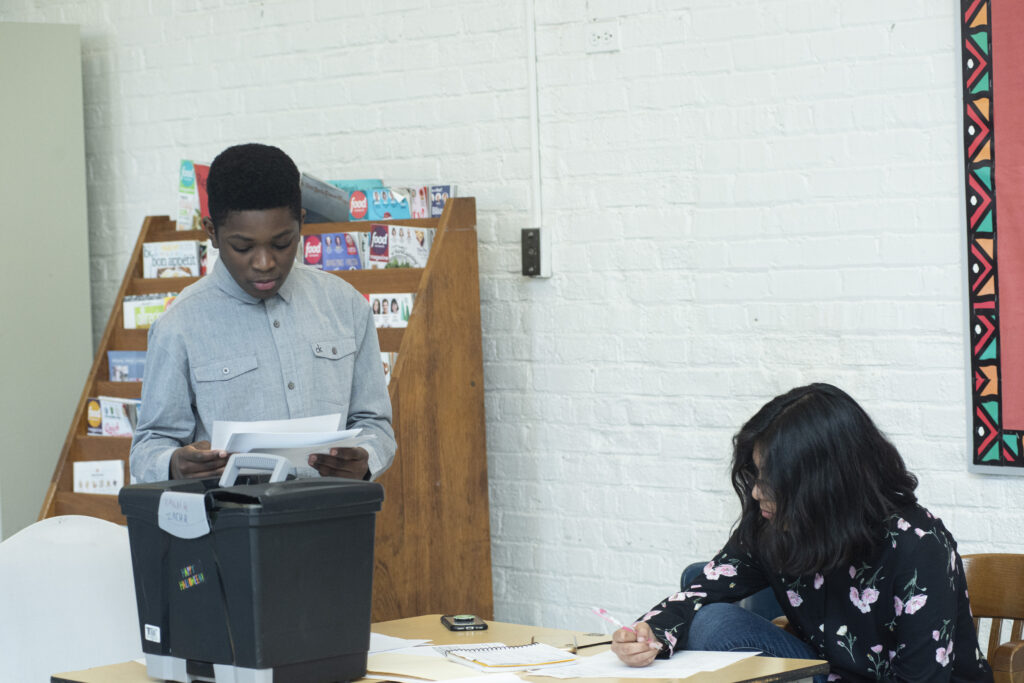
The education system in America disproportionately affects Black youth, especially Black boys. Language and development skills are a quintessential part of academic success and growth; a lack of emphasis on them perpetuates the unfair treatment and keeps the cycle going. By focusing on oratory skills using programs such as Chicago Debates, all youth in America can focus on their language and development skills.
Recommended Articles: The Black Business School is Revolutionizing Business Education , Black Women-Led Production Company, OYA Media Group, is Taking Charge of Their Narratives and Giving Black Youth a Chance






